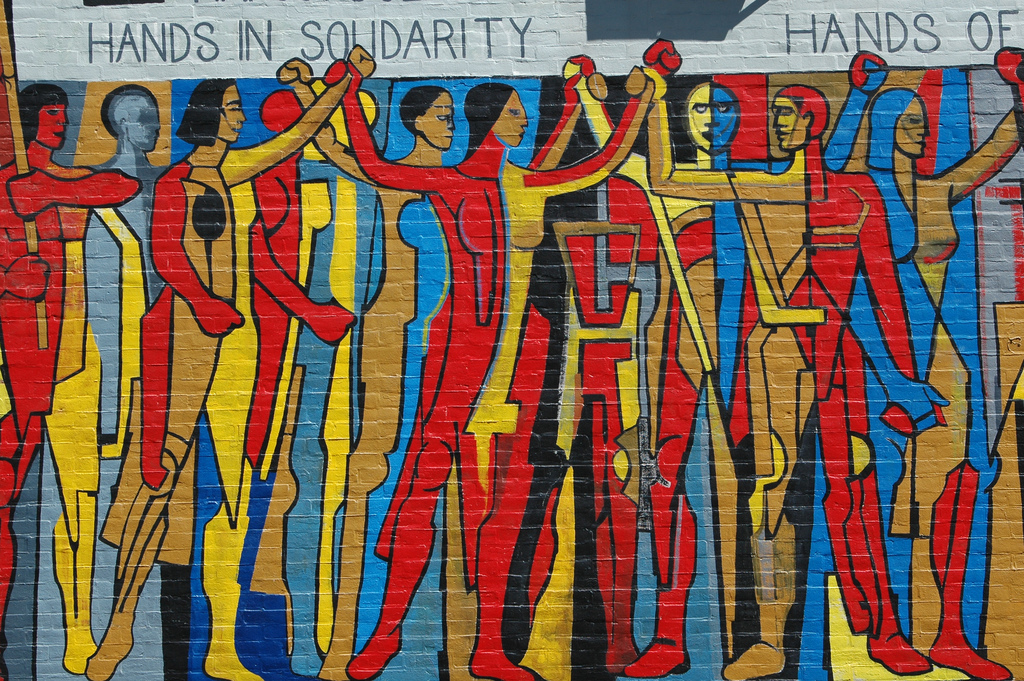A "Woman's Problem"?: Work and Life in Academia
I always find it unfortunate when the so-called work-life balance is framed as a problem for women. I’m aware that, as the AAR Status of Women in the Profession Committee (SWP) rightly indicates, it’s a problem for women insofar as women are still mostly responsible for “care work.” So I don’t find it unfortunate because I don’t think it to be true. I do think it’s true. Rather, I find it unfortunate because even though the work-life balance is an urgent problem for women, having women write and talk about it for each other isn’t going to change anything. The problem with the SWP calling for stories about the work-life balance in academia is that it’s the SWP that has to make the call for it.
This is nothing against the SWP. Goodness knows we need to talk about the status of women in the academy. But the SWP is for women by women. The call for this blog indicated that my submission would be reviewed by a panel of women for editing. I, a woman, would write my blog, at which point it would be edited and read by women. My blog would live in a world insulated for women. I’m sure the SWP would advertise the blogs to men as well, but too often committees like the SWP are comprised of (mostly) women.
It reminds me of my time at my master’s degree institution. The school decided it was going to start a discussion group on what it’s like to be a woman in the academy with the intention of raising issues such as maternity leave regulations and childcare options. Yet the invitations to participate in that group were only sent to the women at the school. Colleagues of mine said that was because women needed a safe space in which to discuss sensitive issues like pregnancy and childcare. With that, it’s hard to disagree. But there’s more to the story. First of all, for many women, pregnancy and childcare are not high on their list of priorities and assuming a consensus of women on that issue is exceptionally problematic. Second, pregnancy and childcare are very high on the list of priorities of men in the academy. “Women’s issues” are neither always nor only women’s issues.
I often feel like women in the academy are trying to isolate ourselves—to insulate our ideas, our stories, our complaints. Sure, we want to share our experiences, but only with other women. If men want to participate in the discussion, they are welcome to, but maybe only at arm’s length.
Let me be clear. There’s nothing wrong with women wanting to talk to other women about their work-life balance in the academy. But such talks should not and cannot be the entire picture. They’re barely the beginning of it. Until all members of the academy, men and women, are concerned about the well-being of all other members, little matters. Until the SWP is the AAR Status of People in the Profession Committee, I find it hard to be optimistic about any type of change the SWP tries to effect.
Alison Colpitts is the International Administrative Coordinator at the University of Toronto. She is also the communications coordinator for The Elements Experiment, an online space and conference based out of the University of Toronto’s Religion in the Public Sphere Initiative.








